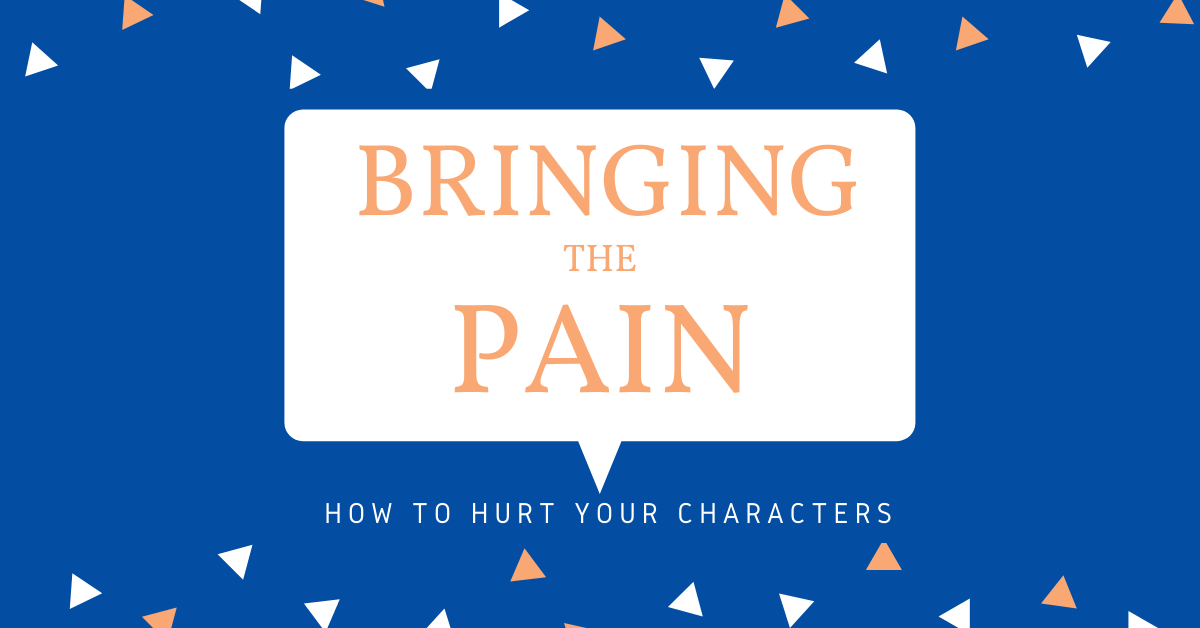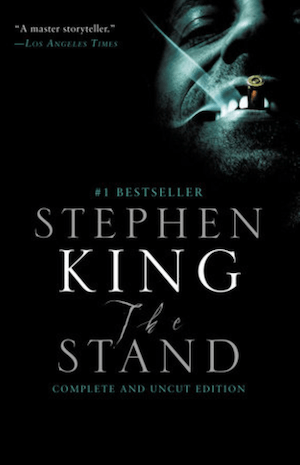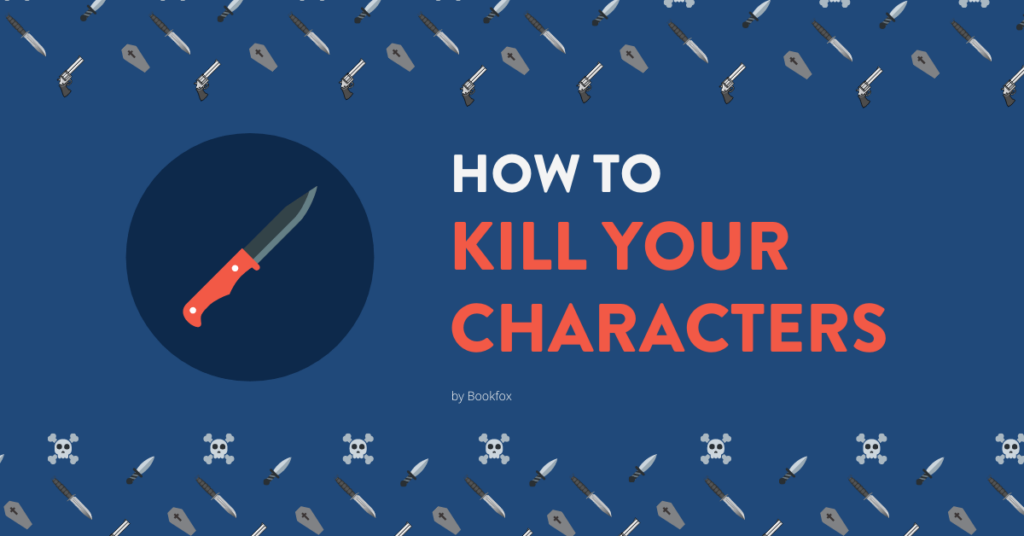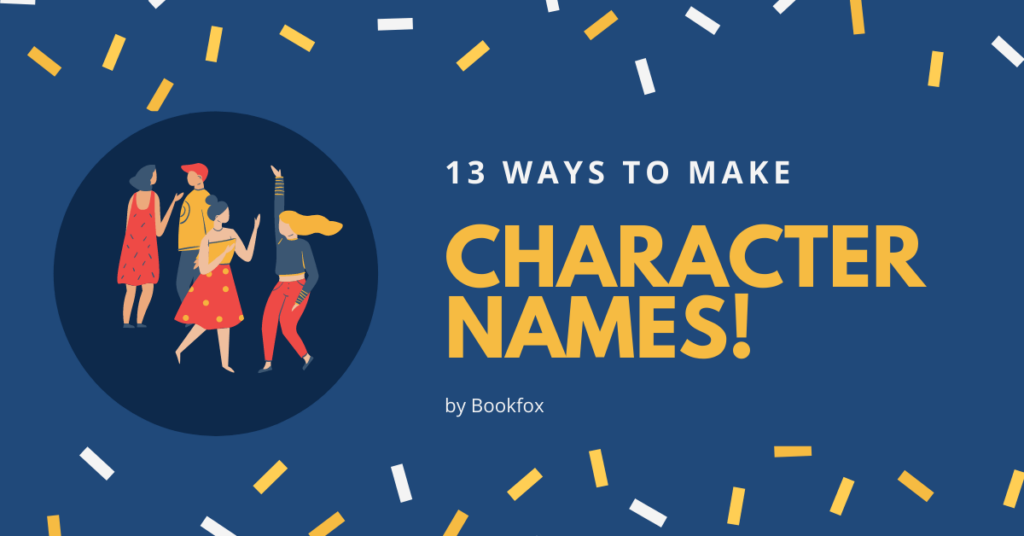 Guest Post by Jody J. Sperling
Guest Post by Jody J. Sperling
Stories are only truly great when they confront the great fears.
Bernard Malamud knew this. His character of Roy Hobbs, a naturally gifted baseball player, was shot by a mysterious and seductive woman, which ruined his career in the big leagues. This was what Hobbs dreaded the most — a career-ending injury.
But in The Natural, that wasn’t the end of Rob Hobbs — many years later, past his prime, Hobbs returned to the Major Leagues as an outfielder with pop in his bat.
Then Hobbs is offered a staggering amount of money to throw the playoffs. He accepts the bet, and plays half-hearted baseball until the game’s end. Down to his final at bat, the last out, Hobbs has allowed himself to be beaten, and his team trails in a do-or-die situation.
His conscience resurrects, and he decides he would prefer the glory of victory over wealth, but strike one, two and three sail past. Hobbs walks away a defeated and hideous creature.
Finding Your Character’s Deepest Nightmares
 Malamud wasn’t content to explore the first nightmare of Roy Hobbs. He wanted to plunge deeper to find a greater fear, to ultimately confront the greatest fear:
Malamud wasn’t content to explore the first nightmare of Roy Hobbs. He wanted to plunge deeper to find a greater fear, to ultimately confront the greatest fear:
What if I’m not good enough?
Readers could have accepted Hobbs’ fear of a career-ending-injury.
Readers could have accepted a Hobbs whose morals sank low enough to accept a bribe.
But it’s much, much harder to deal with Hobbs as a natural baseball talent whose talent, ultimately, fails him. Malamud understood the power of completely crushing Hobbs’ conception of himself.
Which in turn confronts readers’ deepest fears about themselves.
Don’t Protect Your Characters
 Do you confront your hero with trials too terrible to imagine? Or are you protecting your characters?
Do you confront your hero with trials too terrible to imagine? Or are you protecting your characters?
Hollywood constantly protects its characters. If you watch the film version of Malamud’s The Natural, you will see a victorious Roy Hobbs. Disgusting!
Novels more often embrace painful endings. Look through your own works to see how often you embrace defeat.
- Where do you have opportunities to harm your characters?
- Have you ever explored how low you can sink?
- Have you ever opened the doors into the darkest rooms of your interior and confronted what you find?
If you haven’t, you might just find that the most hideous place your mind can go, the most terrible outcome of your story, is the right outcome of your story.
Frodo’s Worst Nightmare

What’s the worst possible thing that could happen to Frodo? Tolkien throws at him orcs, spiders, goblins, hunger, exhaustion, and all manner of other attacks as Frodo takes the ring to Mordor, but the deepest, most painful experience comes at the very end.
Right at the climax of the book, when Frodo is standing on the lip of Mount Doom, he fails. He can’t bring himself to throw the ring into the lava. Frodo makes the huge and inexcusable error to keep the ring. Only because of creepy, crawly Gollum does the quest succeed.
How is this the most painful moment for Frodo? Not just because he has failed in his quest, but because his entire identity and sense of self is jeopardized. He wasn’t strong enough to carry out his mission — he was entrusted with the ring and yet failed to safeguard it and to destroy it. Frodo’s greatest fear has come true: he was not powerful enough to resist the ring.
Write What Hurts
 Scan your bookshelves, and chances are your eye will linger on certain books, books you love, books that have lingered in your mind and heart for years or decades. My eye stops on Infinite Jest, The Stand, Train Dreams, To Kill A Mockingbird, A Tale of Two Cities, Mr. Peanut, 2666, Intuition, and The Crossing.
Scan your bookshelves, and chances are your eye will linger on certain books, books you love, books that have lingered in your mind and heart for years or decades. My eye stops on Infinite Jest, The Stand, Train Dreams, To Kill A Mockingbird, A Tale of Two Cities, Mr. Peanut, 2666, Intuition, and The Crossing.
Each of these novels embraces a level of pain we rarely face: a character who can’t help entertaining himself to death, a world destroyed by plague and nuclear devastation, a man alone, an innocent murdered, a villain escaped, love destroyed, hope lost.
You may be a sucker for a happy ending. And that’s okay. Pain isn’t antithetical to happy endings. The Stand, by Stephen King closes on a metaphorical dance party. The guy gets the girl in Charles Dickens’s A Tale of Two Cities. Rocky Balboa marries his true love. Frodo and all of Middle Earth rejoice in final victory and peace.
But these happy endings are all tinged by sacrifice, pain, ultimate failure, and some degree of desolation. These endings represent an outcome of the deepest pain, and joy as the cost is one of the most rewarding results of pain. Though, had the going not gotten so tough, the sweetness of victory would have rang hollow.
Start Hurting Your Characters
 If you want to improve your writing, if you want to begin opening your mailbox or inbox to more acceptances, start hurting your characters. Stop protecting them. Embrace your inner sociopath. As long as you care about sheltering your characters from pain, you’ll continue to write failed stories.
If you want to improve your writing, if you want to begin opening your mailbox or inbox to more acceptances, start hurting your characters. Stop protecting them. Embrace your inner sociopath. As long as you care about sheltering your characters from pain, you’ll continue to write failed stories.
Use these three questions to revise a story:
- What is my character’s worst fear?
- How can I hurt my characters more deeply?
- What else can my characters lose?
Take any story you’ve written and read it three times, once for each of the above questions. Don’t amputate the text or perform surgery until you’ve first taken notes. Identify areas where you’ve spared your characters the horror of confronting fears.
Then examine plot movements where you turned away from painful confrontations. Write a response to these escapes, explore how the situation could have unraveled further.
Finally, identify what your character has when she arrives at the story’s conclusion. List those things: they may be emotional, physical, spiritual, or social. How many of her possessions can you remove? What is the most painful way to remove her possessions?
You’ll know you’re finished when, as you read, you cringe to reveal so much. When you worry that the story exposes too much, reveals pain, embarrassment, when you wonder what readers will think of you for having written something so raw.
Be proud of that story. It will breathe life into its audience.
Jody J. Sperling lives in Omaha with Ashley, Silas, Edmund, and Tobias. His work has been featured in Red Rock Review, Litro, The Moth Magazine and elsewhere. Chances are, if you run into him on the street this winter he’ll have headphones on, and if you ask him what he’s listening to it will be “Everybody Hurts” by R.E.M.



8 comments
This is something I’ve been thinking about a ton lately. Especially after reading Now Wait For Last Year (PKD), 1Q84, and It.
Wow! Thanks for this!
I don’t have a problem with “killing my darlings”, as they say, but this will help me make it more interesting!
I am just about to kill off a character. Been trying to decide how to do it and now have an answer. I am not afraid to do so.
Way too many years surrounded by warfighters made me tough! ! It makes me sad though. He doesn’t deserve death but the story must play out. He cannot continue in the story. To end the book, I must end him! You have good thoughts here and you are pushing people to move. Sometimes, you have to nurse the sadness of what you will do in order to finish a story. I was a bit upset at myself for being so mournful with my decision. I even asked Alexa how to get past mourning. The answer will surprise you. Instead, I asked Alexa to play Gary Puckett and the Union Gap and it took me right back to 1967 and I revisited my character as a young person and then, I said goodbye. Story will be finished as soon as I get my husband to help me with all the mechanics of shooting someone. He is a Vietnam Combat veteran and he is such as asset. He is also the hero in my story. It is a juicy and action packed novel. I hope it sells well. My children’s book was fun and it sold well.
I enjoyed this so much, I resposted it on my site.
I would like to know if you think this advice applies equally to YA novels.
Thank you, Gila
Please don’t repost posts. You can post an excerpt, and then offer a link, but posting the whole thing is plagiarism.
I would like to know if you think this advice applies equally to YA novels.
Thank you, Gila
Yes! It applies to any book which has a story and characters.
Great article – not a perspective I had read before. I especially appreciate the three questions. Thanks much!!